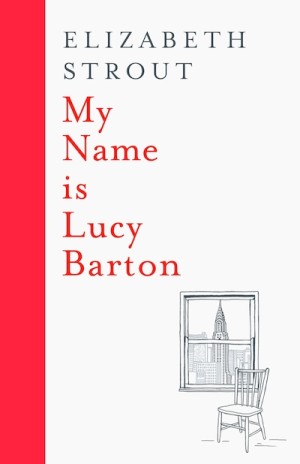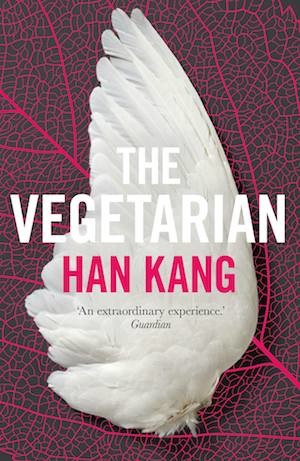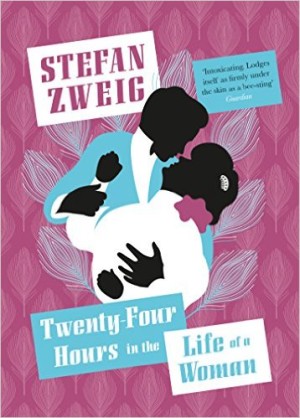
Review by Julie
My Name is Lucy Barton
Bland New York Times Bestseller
Hmm…not sure about this one. This best-seller (number one on the New York Times list) seemed somewhat tepid to me. My Name is Lucy Barton takes place in a hospital bedroom where our narrator, Lucy, receives a surprise visit from her estranged mother. Not much is said between mother and daughter, in fact, this novel is more about what isn’t said, but we do gather that Lucy has had a rough childhood, growing up in extreme poverty with distant and abusive parents. Despite it’s distressing themes, the characters remained somewhat lifeless, in particular, I struggled to be convinced by the tension between mother and daughter. For me, the best parts were the flashbacks to Lucy’s childhood and the descriptions of poverty and the stigma attached to it, but there weren’t enough of them. I also missed some more context, a better understanding of Lucy’s journey and of her husband who, like a lot of other characters, in this novel remains an enigma.
My Name is Lucy Barton by Elizabeth Strout is published by Penguin, 196 pages.












